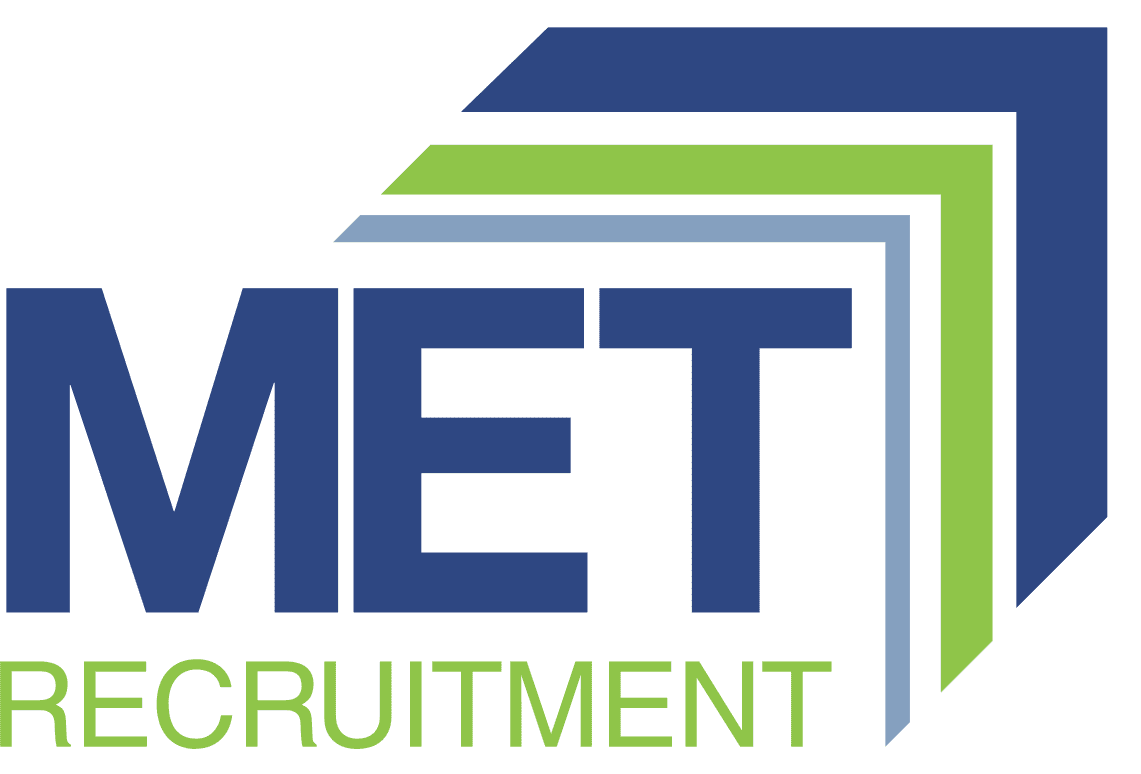
Many HR departments are attempting to create a diverse workplace in today’s world, but you can’t have diversity without inclusion.
To construct a diverse team and a modern and attractive workplace culture, HR staff must create an environment that welcomes all individuals and fosters equal engagement and representation.
In recent years, there has been a significant effort in the UK to fight for equality, to the point that employers are instituting quotas based on gender, BAME, disability, and even sexual orientation.
There are two significant types of diversity in today’s workplace:
First, inherent diversity is concerned with qualities such as race, gender, and age. Education, experience, beliefs, skills, and knowledge are all aspects of acquired variety.
Natural HR has set out to explore our top ideas for making a diverse and inclusive recruitment process a standard element of your people talent strategy in this article.
What is the definition of workplace diversity?
It is critical to remember that workplace diversity is defined as when a company understands, accepts, and values differences between people of different races, ethnicities, genders, ages, religions, disabilities, and sexual orientations, as well as differences in personalities, skill sets, experiences, and knowledge.
What are the benefits of diversity and inclusivity recruitment?
Having a functional diversity and inclusion strategy that is incorporated into your recruitment workflow will provide your company with various benefits, including:
- Hiring better talent.
- Being able to make more informed business decisions.
- Increasing the performance of your teams.
- Accelerating innovation by allowing different mindsets to collaborate.
- Gaining more decadent customer satisfaction due to high-quality staff.
- Improving company culture with improved employee satisfaction.
The inclusive hiring in the workplace checklist
The tutorial below will walk you through the whole recruitment process, from bringing on a new team member to crafting a job advertisement and interviewing qualified candidates. It will include critical considerations to ensure that diversity and inclusion are prioritized at each stage.
1. Audit your job adverts to remove bias:
When it comes to inclusive and diverse recruitment, you can’t look forward without looking back. As a result, the first step you must take is to assess your whole recruitment pipeline to identify faults and begin implementing improvements that will address diversity and inclusivity concerns.
When reviewing historical job advertisements, you may find a propensity to employ more masculine or feminine language in job advertisements, which may discourage particular groups from applying for specific roles. Based on the findings of this analysis, you may then retroactively apply new conditions to the recruiting procedure to reduce biases in future recruitment drives.
2. Target sources where diverse candidates are focused:
It is now easier than ever to recruit applicants from a large skill pool with the Internet’s strength. To that end, sourcing individuals from several sources is a terrific method to diversify your recruitment pool.
Rather than relying solely on traditional job boards or recruitment agencies, look for chances to diversify candidates through alternative sources such as educational institutions, government agencies, and even rehabilitation centers.
You might also communicate directly with organizations that focus on specific areas; for example, for a technology post, you could interact directly with women in technology groups to connect with suitable female applicants.
3. Encourage your employees to utilize their network:
If you want to hire more of a specific group of under-represented people, reach out to some of your current team members who fall into that category.
Creating an internal applicant recommendation program is one approach to accomplish this. You will be able to connect with similar candidates from varied backgrounds by utilizing your existing internal pool of diverse workers.
4. Offer internships targeted at underrepresented groups:
Offering internships to folks with specialized credentials is a terrific approach to foster up-and-coming talent in your sector. To accomplish this, you may form collaborations with education and community organizations in your area to provide an opportunity to groups that may struggle to take the first steps into the roles you’re recruiting for.
5. Develop an employer brand that showcases your diversity:
When developing a brand identity, don’t overlook the significance of diversity and inclusivity. You should encourage employees from various backgrounds to share their experiences with your organization, which you should then incorporate into your employer and recruiting branding.
Having these stories in place and actively pushing them in your applicant sourcing is a terrific approach to ensure your diversity recruiting strategy is working properly.
6. Utilize blind recruitment:
Blind recruitment is one of the most popular trends in the industry. To reduce bias during the first recruitment stage, it takes steps to blackout essential information such as name, age, education, and candidate photos. The idea here is to avoid further discrimination in who you choose to interview.
7. Rethink what factors you screen for when hiring:
When determining what your ideal recruit looks like, it is vital to ensure that your possible candidates exhibit the characteristics that your firm values. Throughout the recruitment process, examine how you’re screening candidates and yourself to see whether you’re directing the outcomes towards specific types of people owing to potential bias.
Chris Bourne is Head of Marketing at Natural HR. Natural HR is a cloud-based HR software for small businesses and organizations looking to improve staff management and pay.

